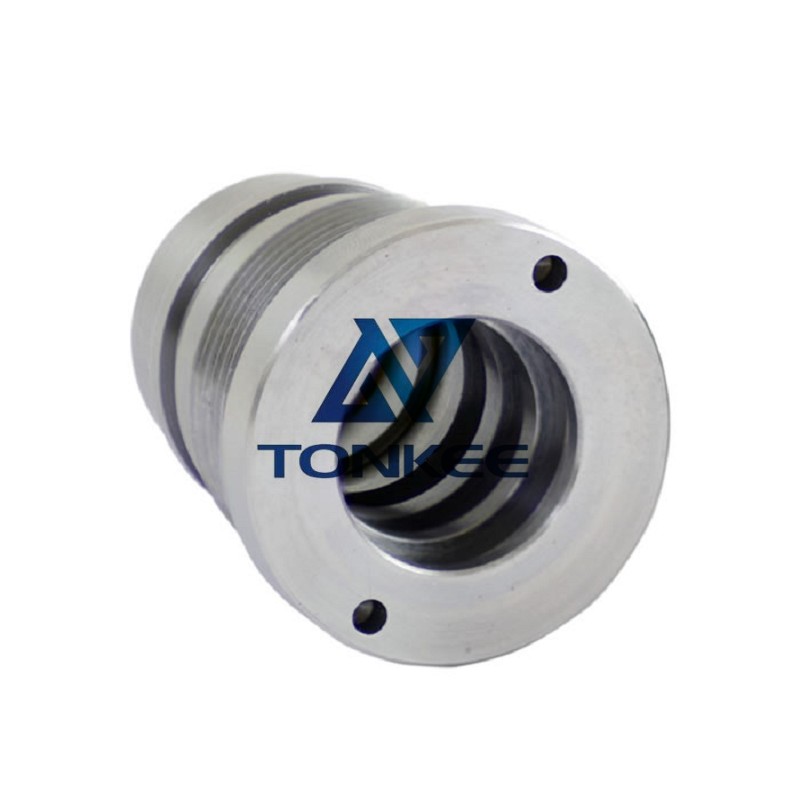
Material Selection:
45 carbon steel is a commonly used material for forged machined glands due to its excellent combination of strength, durability, and affordability.
This type of steel is known for its high carbon content, which contributes to its hardness and ability to withstand mechanical stress. It is also a favorable choice for applications requiring resistance to wear and corrosion.
Forging Process:
Forged machined glands are manufactured through a precision forging process. This process involves heating the 45 carbon steel to a high temperature and then shaping it into the desired gland shape using mechanical force. Forging enhances the material's mechanical properties, such as strength and toughness, by aligning the steel's grain structure. This results in a gland that can withstand the rigors of high-pressure environments.
Machining Precision:
After forging, the gland undergoes precision machining to meet specific dimensional tolerances and surface finish requirements. Machining operations include turning, milling, drilling, and threading, among others. The precision machining ensures that the gland fits perfectly within the sealing system, preventing any leaks or failures.
Threaded Design:
Many forged machined glands are designed with threads to accommodate various sealing components, such as bolts and nuts.
These threads are carefully machined to match the thread specifications of the mating parts, ensuring a secure and leak-free connection. Threaded glands are widely used in hydraulic systems, pipelines, and other applications where reliable sealing is crucial.
Pressure and Temperature Ratings:
Forged machined glands must adhere to specific pressure and temperature ratings, as dictated by industry standards and the requirements of the application. These ratings ensure that the glands can safely contain and seal fluids or gases under varying operating conditions. The 45 carbon steel construction of the glands contributes to their ability to handle high-pressure situations.



 English
English Türkçe
Türkçe


